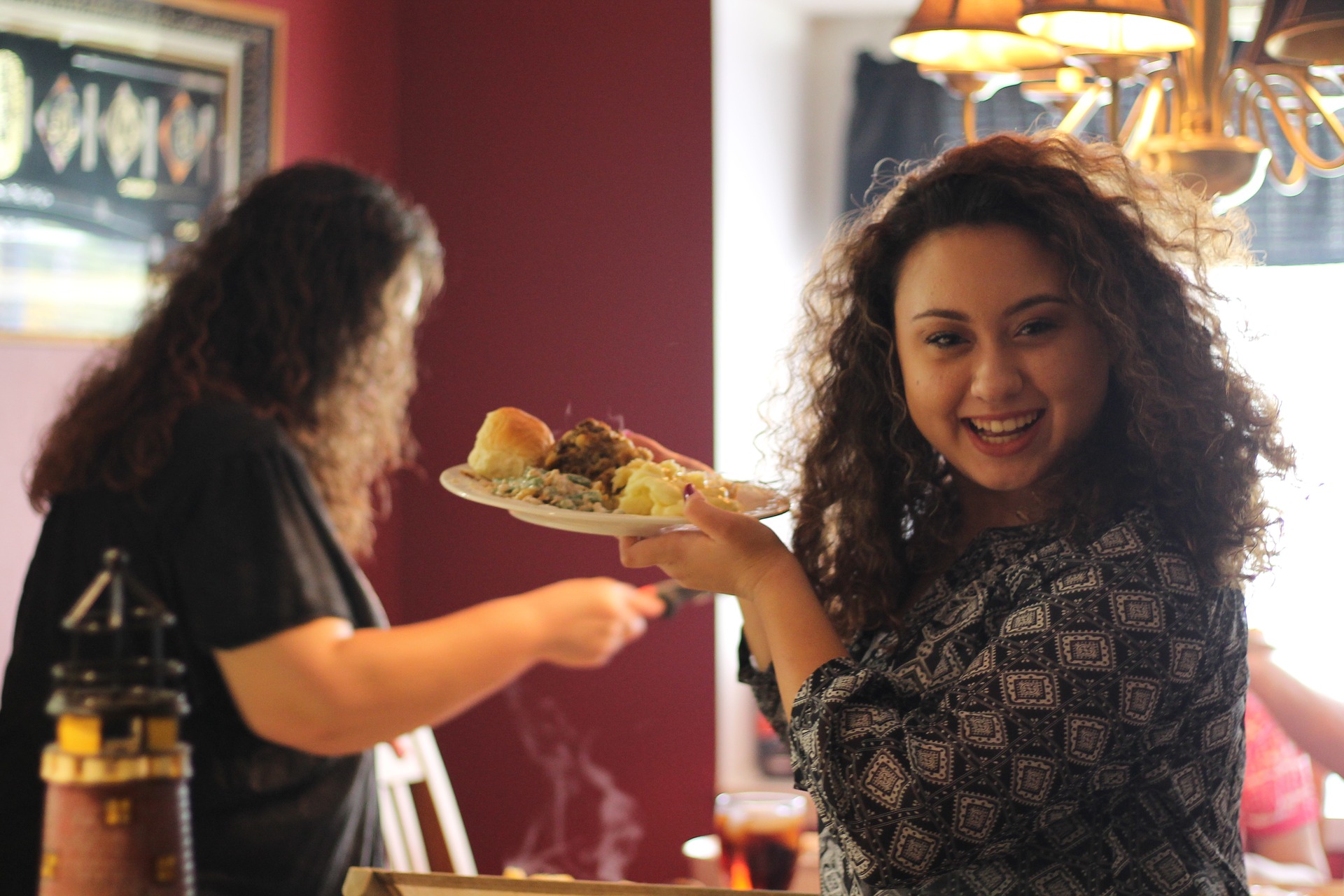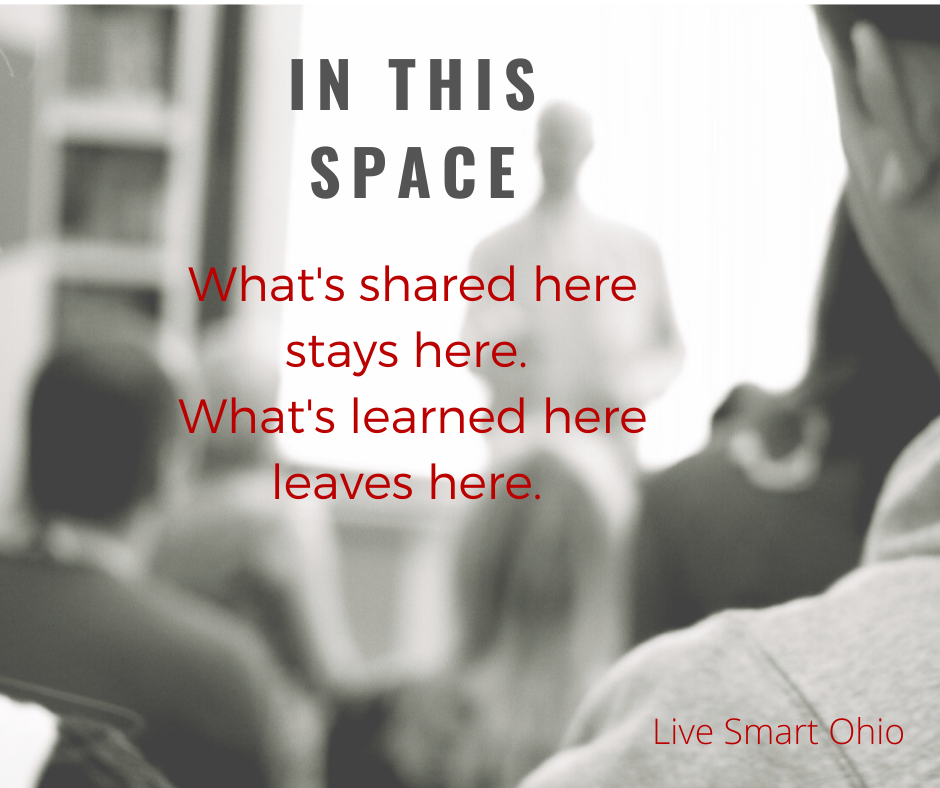When I was a child, my family would eat dinner together most nights of the week. One family rule specifically stated(PDF), “what’s said at the table, stays at the table”. That didn’t mean that we could not talk about our casual family discussions at other times and places. It did mean that our family table was a place where we could ask hard questions and share personal information and expect that it would not be shared with others outside of that exchange. It wasn’t unusual that the rule was shared with dinner guests so they also knew that their conversations at that meal would be kept in confidence.
As an Extension educator, it is critical that I offer a supportive learning environment in the community. A few of the promises that I make as an instructor:
- I will not put anyone on the spot to answer a question
- I will promote a non-judgmental atmosphere
- I will not use anyone’s personal story as a lesson for others
I know that people have different personalities, and some will say, “It’s no problem, you can call on me anytime and use my story” but that is at the discretion of each individual. Others prefer not to be in the spotlight and should also feel comfortable.
In public settings, like a community class(PDF), “what’s said here, stays here” is a basic way to request respect and privacy of individuals within the group space. Recently, I attended a training and learned a second half of this directive. The following instructions were originally shared by a camp counselor working with youth programs. They started with, “what’s shared here, stays here” and finished with, “what’s learned here leaves here.” That simple, additional phrase immediately became a positive challenge to me. Not only do I have the benefit of lifelong learning opportunities, but I also need to take the next step to share information with others who were not in the same learning space.
My first example in this blog was about a rule at my parents’ kitchen table. My next example is from family mealtime with my spouse and our children. As we worked on the balance of respecting individual privacy as well as our positions and roles outside of the family, we had a reminder for our teenagers. “If it’s public, make it public” meaning, if you’ve shared this information with others and it’s important for your family to know, please let us know. We followed up with, “if it’s private, keep it private” meaning that if it wasn’t our information to share, we would not share. These topics will look different for each household and each individual but it’s worth taking the time to discuss your family rules, values and expectations. Every family meal does not need a formal confidentiality statement. Frequently, my dinner table is chaotic and the only things we discuss is the weekly schedule. The important thing is that the space and time can be available for private group conversations.
“What’s Said Here, Stays Here. What’s Learned Here Leaves Here.” In what areas can you employ this motto? What have you learned lately that is worth “leaving” the learning space? What lessons and messages can you share with others to help build stronger families and communities?


